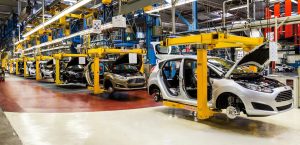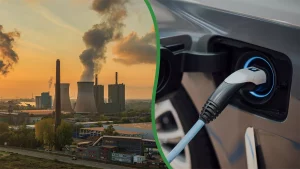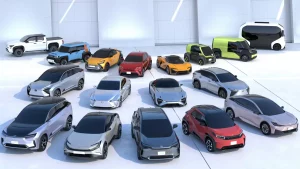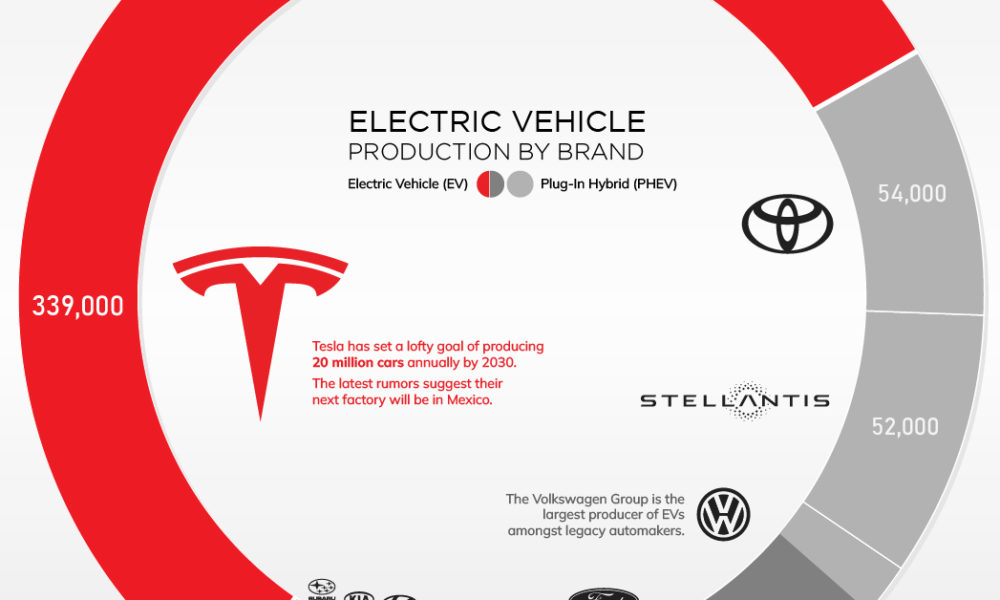Introduction
In recent years, the automotive industry has experienced a profound shift towards sustainability, driven by the urgent need to address climate change and reduce greenhouse gas emissions. At the forefront of this movement are companies that specialize in electric cars, offering innovative solutions for eco-friendly mobility. Let’s delve into the world of these pioneering companies, their impact on the environment, and the future of electric mobility.

Tesla: Spearheading Innovation in Electric Vehicles
When it comes to electric cars, one name invariably comes to mind: Tesla. Founded by visionary entrepreneur Elon Musk, Tesla has revolutionized the automotive industry with its lineup of electric vehicles. From the groundbreaking Model S to the mass-market Model 3, Tesla has consistently pushed the boundaries of innovation, offering high-performance electric cars with impressive range and cutting-edge technology. The company’s commitment to sustainability extends beyond its vehicles, with initiatives such as the development of solar energy solutions and energy storage systems.
NIO: A Rising Star Among Companies of Electric Cars
Based in China, NIO has emerged as a leading player in the electric car market, focusing on luxury electric vehicles that combine performance, style, and sustainability. NIO’s vehicles, such as the ES8 and the ES6, have garnered praise for their sleek design, advanced features, and long-range capabilities. In addition to its electric cars, NIO has also pioneered innovative battery-swapping technology, allowing drivers to quickly and conveniently replace depleted batteries with fully charged ones. This innovative approach to charging infrastructure has helped address concerns about range anxiety and has positioned NIO as a trailblazer in the field of sustainable mobility.
BYD: Driving Global Adoption of Electric Vehicles
BYD (Build Your Dreams), headquartered in China, is another key player in the electric car industry, with a diverse portfolio of electric cars, buses, and trucks. BYD’s commitment to innovation and sustainability has made it a driving force behind the global adoption of electric vehicles. The company’s electric buses, in particular, have gained widespread acclaim for their efficiency, reliability, and environmental benefits. BYD’s focus on electric mobility extends beyond passenger vehicles, with initiatives such as the development of electric delivery trucks and garbage trucks, helping reduce emissions in urban environments.
Rivian:Driving Innovation in Companies of Electric Cars
Rivian, a relatively new entrant in the electric car market, has quickly made a name for itself with its lineup of rugged and adventure-ready electric vehicles. The company’s flagship products, the R1T electric pickup truck and the R1S electric SUV, are designed to appeal to outdoor enthusiasts and adventurers, with features such as all-wheel drive, impressive off-road capabilities, and long-range batteries. Rivian’s commitment to sustainability is evident in its eco-conscious design choices, such as the use of recycled materials and the incorporation of renewable energy solutions.
Innovations Driving the Electric Car Revolution

The success of electric cars hinges on continuous innovation in areas such as battery technology, charging infrastructure, and renewable energy integration. In recent years, there have been significant advancements in battery technology, leading to increased energy density, faster charging times, and reduced costs. Companies are also investing in the expansion of charging infrastructure, with initiatives such as the installation of fast-charging stations along highways and the development of wireless charging technology. Additionally, there is growing interest in the integration of renewable energy sources, such as solar panels and wind turbines, to power electric vehicles, further reducing their environmental impact.
How many electric cars will there be in 2024?
Predicting the exact number of electric cars on the roads in 2024 can be challenging due to various factors such as technological advancements, government policies, and consumer preferences. However, industry analysts and forecasts suggest a significant increase in the adoption of electric vehicles over the coming years. With growing awareness of climate change and the need for sustainable transportation, it’s anticipated that millions of electric cars will be sold annually by 2024, contributing to a cleaner and greener future for mobility.
Environmental Impact of Electric Cars
One of the primary motivations behind the adoption of electric cars is their potential to reduce air pollution and mitigate climate change. Unlike traditional internal combustion engine vehicles, electric cars produce zero tailpipe emissions, resulting in cleaner air and improved public health. Additionally, electric cars can help reduce greenhouse gas emissions, particularly when powered by renewable energy sources such as solar or wind power. By transitioning to electric mobility, we can make significant strides towards achieving our climate goals and creating a more sustainable future for generations to come.
Government Initiatives and Incentives Supporting Electric Mobility
Governments around the world are playing a crucial role in promoting electric mobility through a variety of initiatives and incentives. These include tax credits, rebates, and incentives for purchasing electric vehicles, as well as investments in charging infrastructure and clean energy technologies. By providing financial incentives and regulatory support, governments can help accelerate the adoption of electric cars and pave the way for a cleaner, greener transportation system.
The Future of Electric Mobility: Trends and Forecasts

The future of electric mobility looks promising, with continued growth and innovation expected in the coming years. Industry analysts predict that electric vehicle sales will continue to rise, driven by factors such as falling battery costs, government regulations, and increasing consumer demand for sustainable transportation options. Additionally, advancements in autonomous driving technology, vehicle-to-grid integration, and smart grid systems are expected to further enhance the capabilities and accessibility of electric cars, making them an integral part of the future transportation landscape.
Conclusion
As we stand on the brink of a new era in transportation, companies of electric cars are leading the charge towards a cleaner, greener future. Through innovation, dedication, and collaboration, these companies are driving positive change, revolutionizing mobility, and shaping the world we live in. By embracing electric vehicles and sustainable transportation solutions, we can build a more resilient and environmentally-conscious society for generations to come.




